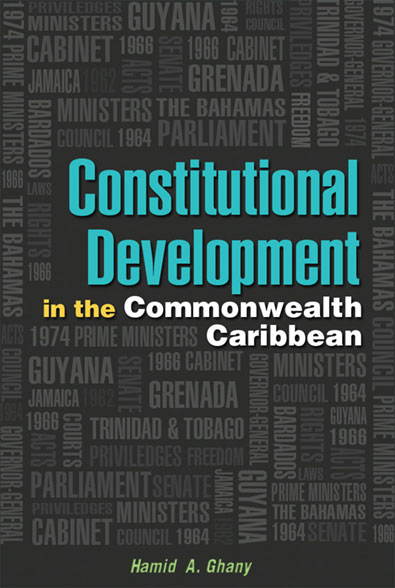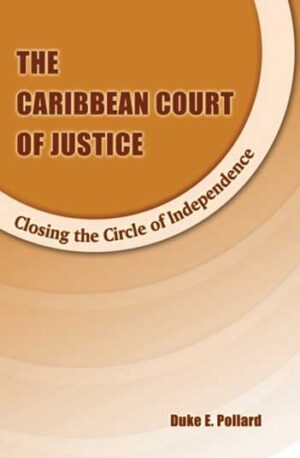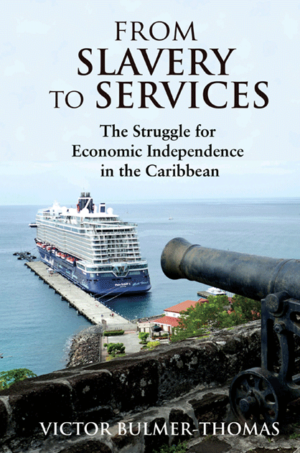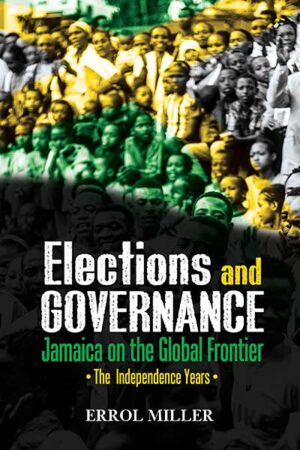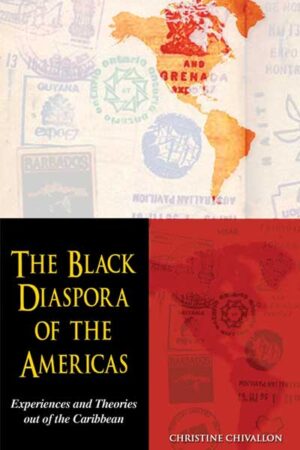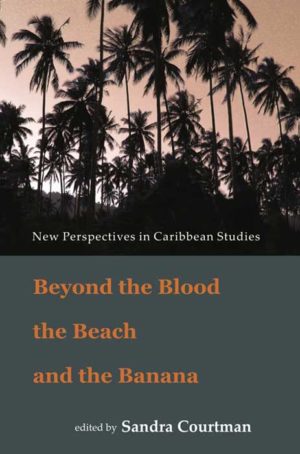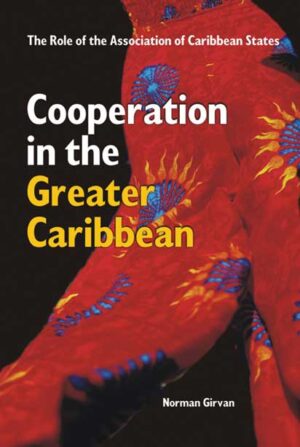Description
The Colonial Office does not need to examine its second hand colonial constitutions. It has a constitution at hand which it can apply immediately to Trinidad and Tobago. That is the British Constitution. Ladies and Gentlemen, I suggest to you that the time has come when the British Constitution, suitably modified, can be applied to Trinidad and Tobago. After all, if the British Constitution is good enough for Great Britain, it should be good enough for Trinidad and Tobago.
Eric Williams
Trinidad and Tobago
July 1955
Let us not make the mistake of describing as colonial, institutions which are part and parcel of the heritage of this country. If we have any confidence in our own individuality and our own personality we would absorb these things and incorporate them into our being and turn them to our own use as part of the heritage we are not ashamed of.
Norman Manley
Jamaica
January 1962
The post-independence history of the Commonwealth Caribbean has witnessed continuous constitutional debate. The contrasting opinions of Eric Williams and Norman Manley as to whether or not the Commonwealth Caribbean constitutional foundations are imported or indigenous, respectively, lay the foundation as the philosophical starting point for the examination of the political dimensions of the constitutional controversies.
In Constitutional Development in the Commonwealth Caribbean, Hamid Ghany delves into constitutional evolution in the Caribbean and demonstrates how political elites in the Caribbean have manipulated political processes to maintain their hold on power behind a façade of a desire for change. The retention of the Westminster-Whitehall model has resulted in lasting institutions that, to the detriment of the populace they serve, are resistant to change.
Ghany deconstructs and examines the differences between the Westminster-Whitehall constitutions of the Commonwealth Caribbean and the original Westminster model in the United Kingdom and provides an understanding of the continuing inability to craft significant reforms.

